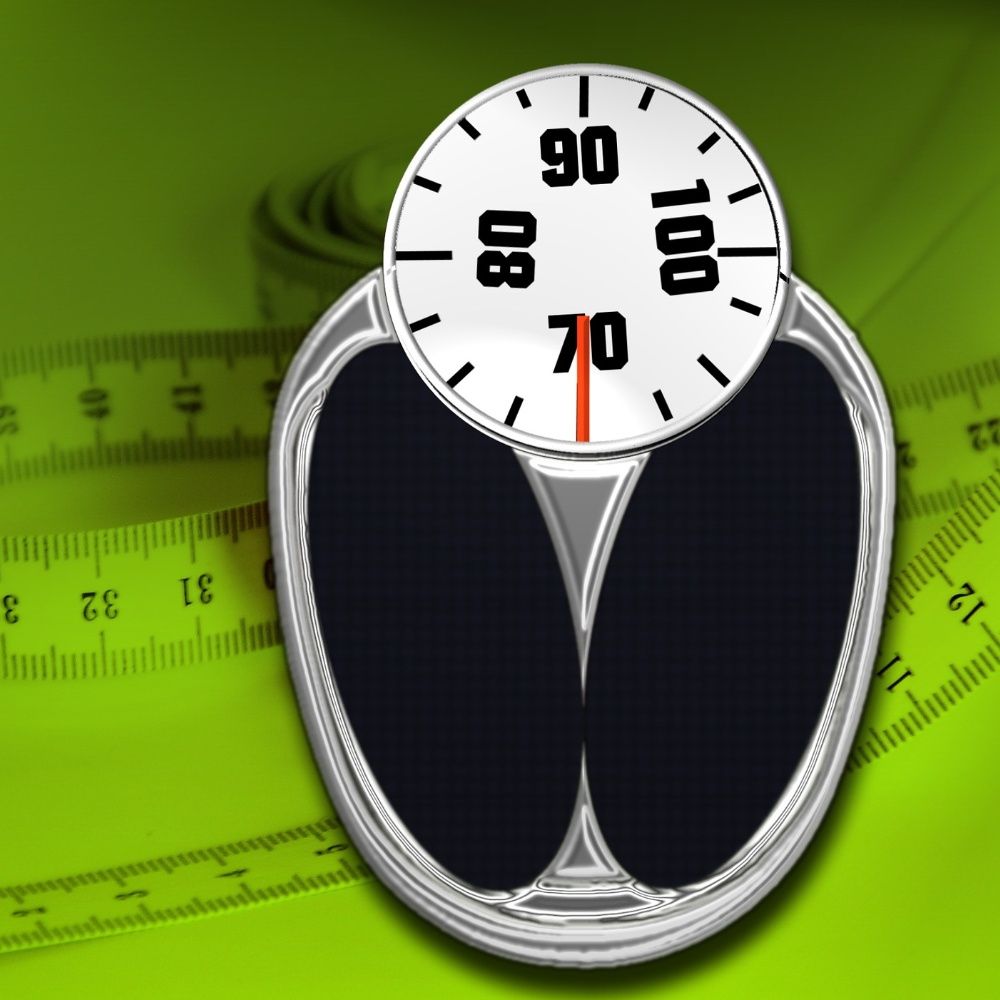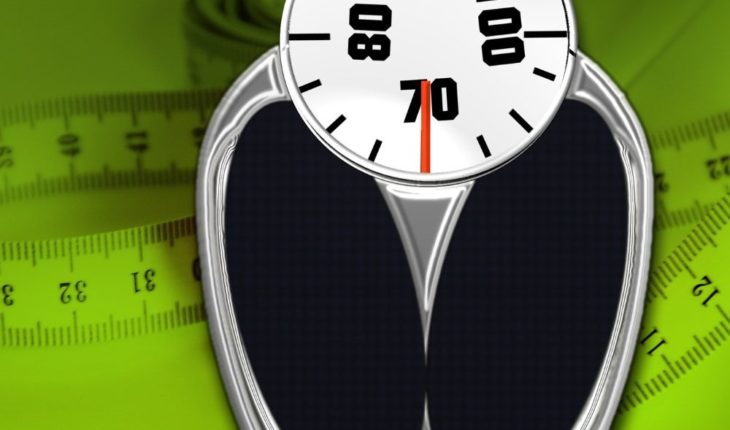
When confinement is over, it is almost inevitable that we have gained a few extra kilos, experts point out, although they also believe that being at home is a golden opportunity to get to cook.” I don’t know if we’ll get better from this experience, but we will get fatter,” warns the nutritionist Béatrice de Reynal, for whom it is necessary to act without delay… eating less.
“We’re all going to go through that,” adds Julian Mercier, culinary advisor in sport and health.” Even myself, I tend more to resort to chocolate than to an apple. This could be a trick for us,” he says. The sedentary lifestyle, the physical activity reduced to almost nothing and the proximity to the refrigerator and its temptations are an explosive cocktail for the silhouette, an unprecedented situation in such a long period. You might also be interested: Spain again exceeds 900 killed by covid-19 in one day”We were already afraid of a shortage [a causa del consumo desenfrenado] during the Gulf War or the periods when people stayed home after attacks, but people had to go to work. We now have a part of the population that does not work and does not move,” says Pascale Hébel, director of the consumer hub at the French Centre for Research for the Study and Observation of Living Conditions (Credoc). Eating less
The question of weight gain is first and foremost mathematical: in the absence of almost any physical activity, an adult spends between 200 and 400 fewer calories each day, says dietitian Jennifer Aubert.That’s why the need to reduce portions and stay moving. The current period also creates a lot of stress — fear of death and disease, economic problems — and food serves as a refuge.
It is recommended not to overeat and exercise at home./Thematic photo: Pixabay
And “by spending so much time at home, it’s easy to eat more than you should,” says the British Nutrition Foundation. Living conditions, isolation and family confinement also affect how we eat.” For those who have children, to avoid worries, it is easier to make pasta to bolognese, that everyone likes, instead of fighting to eat spinach,” says Mercier.Another parameter is the fact that not everyone cooks, explains for their part Hébel, as well as the lack of a good space to cook in some homes Hence a tendency already observed to resort to prepared dishes, which disappeared from the shops at the beginning of confinement, immediately after the ravage with pasta and rice.What recommendations do the recommendations give experts to avoid leaning the scale too far? Everyone agrees: organize the day and meal times to avoid eating at all hours, doing physical activity and cooking as much as possible.Home-cooked food
Context can also help, Jennifer Aubert says on his side. “You can’t get out, so there are fewer gaps and also more time to play sports at home,” he adds, as a result, many patients lose weight from the start of confinement, he says. For French chef Cyril Lignac, who organizes during confinement a very popular program “Tous en cuisine” (All cooking), on television, this period of confinement is also an opportunity to “eat in a healthy and balanced way”.
Home-cooked food is always better, because you can control what you eat./Thematic photo: Pixabay
“Among all the shoots in which I eat sweets, the restaurants where I taste dishes or the preparation of my cakes, I take advantage to cook at home and eat light, without too much sugar,” admits the AFP.” I understand that we feel comfortable at home: we watch TV, we read books, and we like to eat something, especially me. But I really like the idea of doing things at home (…) This period is an opportunity to teach children and teens how to cook simple things,” he insists. You may also be interested: The Covid-19 fires arms sales in U.S.Asia will only grow by 2.2% by covid-19





